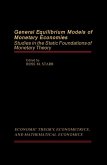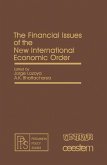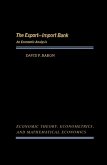Monetary Integration in Western Europe: EMU, EMS and Beyond discusses the origins of the Economic Monetary Union, (the European Monetary System is the forerunner of the EMU), and the integration of the European Community starting from the Treaty of Rome. The Treaty provides most of the elements necessary for a monetary union. The Community attempts to formulate a systematic, coherent approach to monetary integration as contained in the Barre Report. The Barre Report proposes that progress in two areas, coordinating economic policies and instituting a system of mutual financial assistance, is essential. In the Hague Summit, the heads of state want to enlarge and closely integrate the members of the Community. A commission under Luxembourg Prime Minister and Finance Minister, Pierre Werner prepares the plan for the EMU. On March 22, 1971, the Six member states approve the adoption of the EMU in several stages, and formally launch the EMU project. The Six have as goals to promote exchange rate stability within the Community, to coordinate economic polies through consultation procedures, to settle structural differences through Community policies, and to liberalize the movement of goods, services, and the factors of production. Economists, sociologists, professors in economics, and policy makers involved in international economics, particularly with the EU, will find the book valuable.
Dieser Download kann aus rechtlichen Gründen nur mit Rechnungsadresse in A, B, BG, CY, CZ, D, DK, EW, E, FIN, F, GR, HR, H, IRL, I, LT, L, LR, M, NL, PL, P, R, S, SLO, SK ausgeliefert werden.









